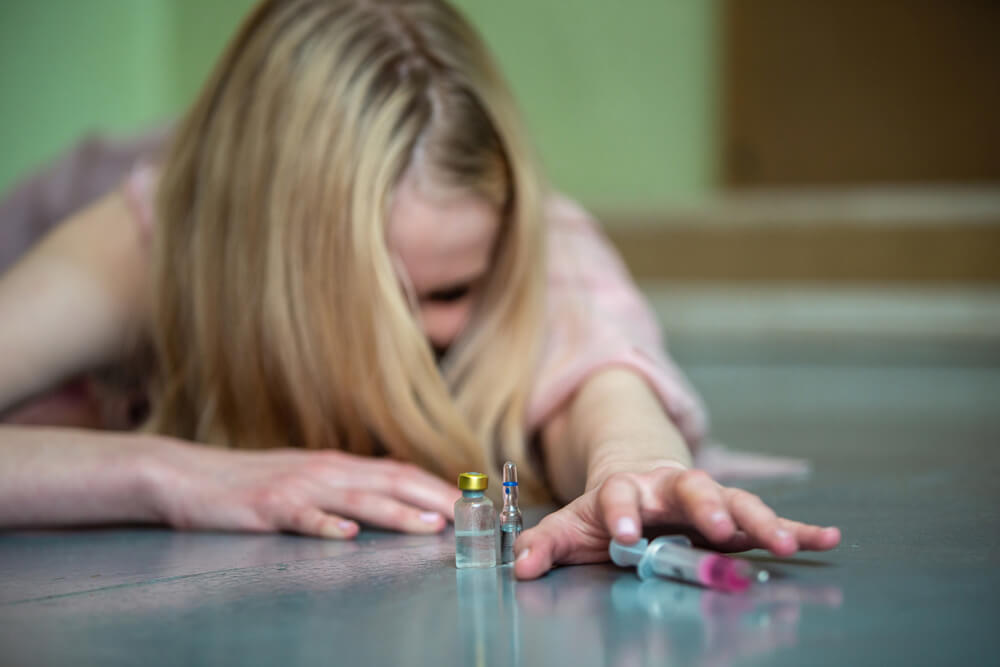
Keys to Developing a Relapse Prevention Plan
Legacy Healing Center Blog
Stay on the road to recovery with relapse prevention plan tips from Legacy Healing Center.
If you or someone you loved has completed rehab and is on the road to recovery, you have likely heard about creating a relapse prevention plan. These types of plans are crucial for anyone who has battled drug or alcohol addiction, as relapses are quite common.
In fact, statistics show that almost two-thirds of relapses happen to people within their first six months of being in recovery, according to the U.S. Department of Health and Human Services. Because detox and rehabilitation is hard work, you owe it to yourself to prepare as best as possible to prevent relapses from happening.
If you or someone you love needs help with addiction, call 954-994-2965 today to speak with a treatment specialist.
You may be wondering what are the techniques used in preventing relapse. Before we get into those tips, let’s quickly take a look at what a relapse is and how they can happen.
What is Relapse?
A relapse is when someone returns to using drugs or alcohol after being free from the substances for a period of time. When learning about relapse, it is important to remember that addiction to drugs and alcohol is considered a chronic brain disease, and that relapses may be a part of this disease for some people.
Because relapses are often a part of the disease, having a relapse should not be looked at as an indication of failure but as a reality that occasionally happens.
In fact, research shows that relapses for addiction occur about as frequently as relapses for other chronic conditions like diabetes and asthma. And while relapses are known to be a part of this chronic brain disease, it is always helpful to have a relapse prevention plan in place in order to protect yourself.
Common Relapse Triggers
When you want to learn how to prevent relapse, you need to be aware of the things that can trigger one. Some of the most common factors that can lead to relapse include stress – whether internal or external, financial issues, problems in one’s relationship, and also certain places, people, smells or past activities that once involved drug or alcohol use.
Because is it virtually impossible to avoid stress all the time, and even old places or people, you will need to learn through counseling, cognitive therapy, and other behavioral techniques on how to manage some of these triggers.
Here are three additional tips on preventing relapse:
Even though relapses are part of addiction, preventing relapse might be possible by implementing some of these techniques from Legacy Healing Center. If you have not yet entered into detox or rehabilitation for your drug or alcohol addiction, consider taking that first step with the help of Legacy Healing Center.
Speak to one of our addiction specialists today to learn more about rehab or preventing relapses by calling 954-994-2965 today to speak with a treatment specialist.